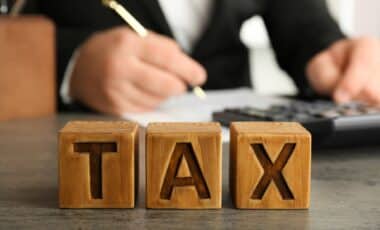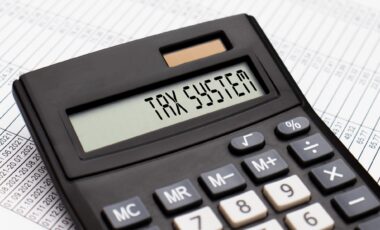The Australian Taxation Office (ATO) has turned its focus to the widespread tax deductions being claimed by over six million Australians for work-related clothing and laundry. This move comes amid concerns that many of these claims may not meet the requirements set forth by the tax authority. With the ATO scrutinizing these claims more closely, Australians are being urged to understand exactly what is and isn’t eligible for a tax deduction when it comes to work attire.
Clothing deductions are among the most common claims made by workers, but recent data has raised questions about the legitimacy of a large number of these submissions. it’s now reviewing the issue with a focus on ensuring that only valid claims are processed.
The Guidelines for Claiming Work Clothing Deductions
According to the ATO, taxpayers can claim tax deductions for clothing that is specific to their occupation or required for safety and protection. This includes uniforms that are distinctive to a profession, such as the checked trousers worn by chefs or the protective gear used by construction workers. Clothing and footwear designed to protect workers from hazards—such as fire-resistant garments or non-slip shoes—are also eligible for deductions.
To qualify for a deduction, the clothing must be directly related to the individual’s job. For instance, a nurse may be able to claim deductions for non-slip shoes, but not for the uniforms provided by their employer. The protection offered by the clothing must be specific to the job, which excludes items like everyday shoes or a business suit, regardless of whether they are worn to work.
The ATO’s Growing Concern Over False Claims
With millions of workers submitting clothing-related tax claims, the ATO is concerned that a significant proportion of these claims may be false or inflated. The tax authority has raised alarms about the rising number of improperly claimed deductions and is tightening its monitoring of such claims. According to reports, some Australians have been claiming deductions for items that do not meet the Australian Taxation Office is criteria, such as clothing purchased for personal use that happens to be worn for work.
This scrutiny comes at a time when the ATO is increasingly focused on compliance and ensuring that tax claims are legitimate. The tax office has warned that workers need to be aware of the specific requirements and guidelines to avoid issues with their tax returns.
Specific Exclusions for Clothing Deductions
While the ATO allows deductions for certain types of work-related clothing, there are clear exclusions. Clothing that is considered “everyday wear,” such as black trousers and a white shirt worn by a bartender or a suit worn by an office worker, is not eligible for a tax deduction. Even if the clothing is required to be worn for work, it does not qualify unless it is specifically designed for the job or provides protection against risks associated with the occupation.
Additionally, workers who are required to wear clothing bought from a store, such as uniforms from a clothing store, cannot claim deductions for these items. The ATO considers these to be general clothing items, not specific to an occupation, even if they are worn exclusively at work.
Steps for Workers to Avoid Common Mistakes
To avoid issues with their tax returns, workers claiming clothing deductions are encouraged to carefully review the ATO’s guidelines. The tax office has provided clear information on what types of clothing can be claimed and has stressed the importance of providing accurate documentation for all claims.
As the The Australian Taxation Office continues to review clothing-related tax deductions, Australians are being advised to ensure their claims are legitimate and in line with the current rules. Workers who are unsure about whether their clothing qualifies for a deduction should consult the ATO’s official resources or speak with a tax professional.









